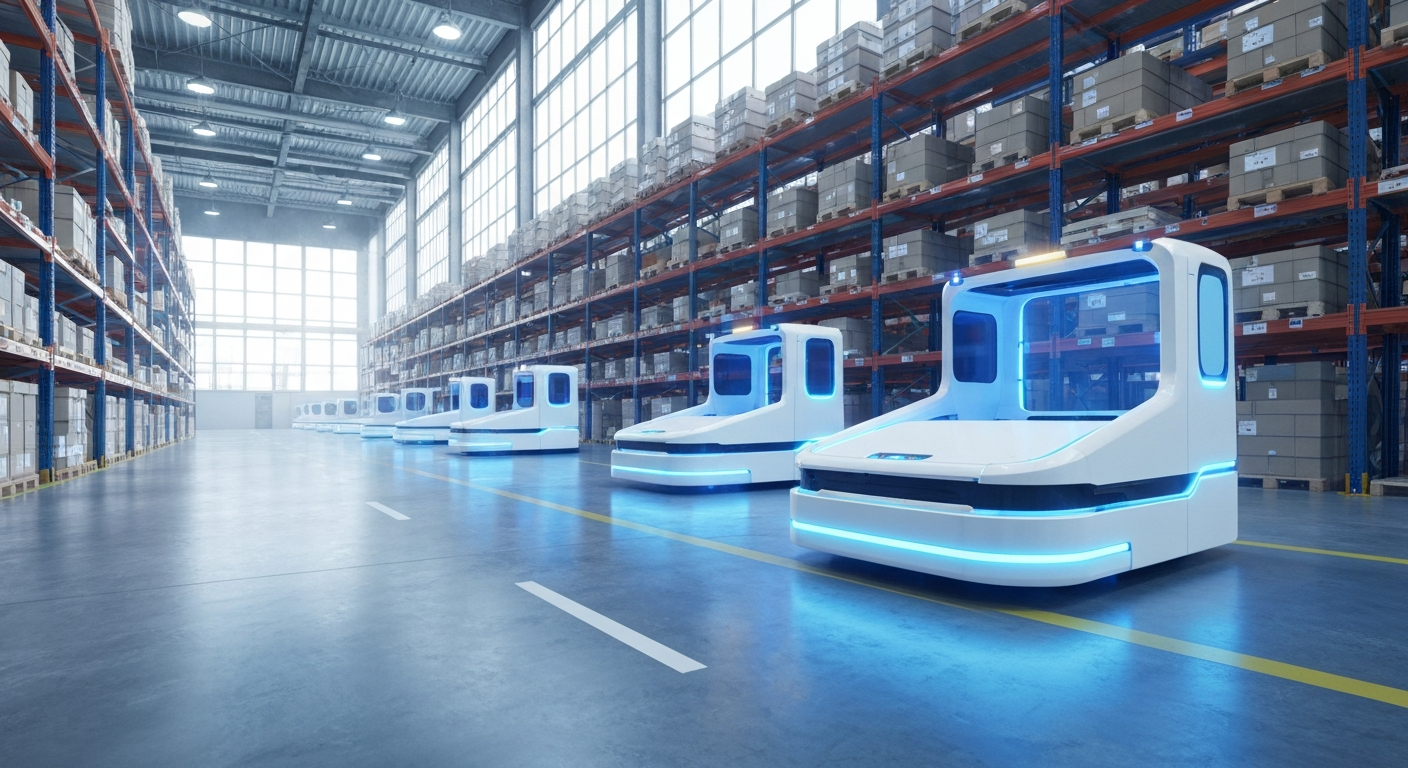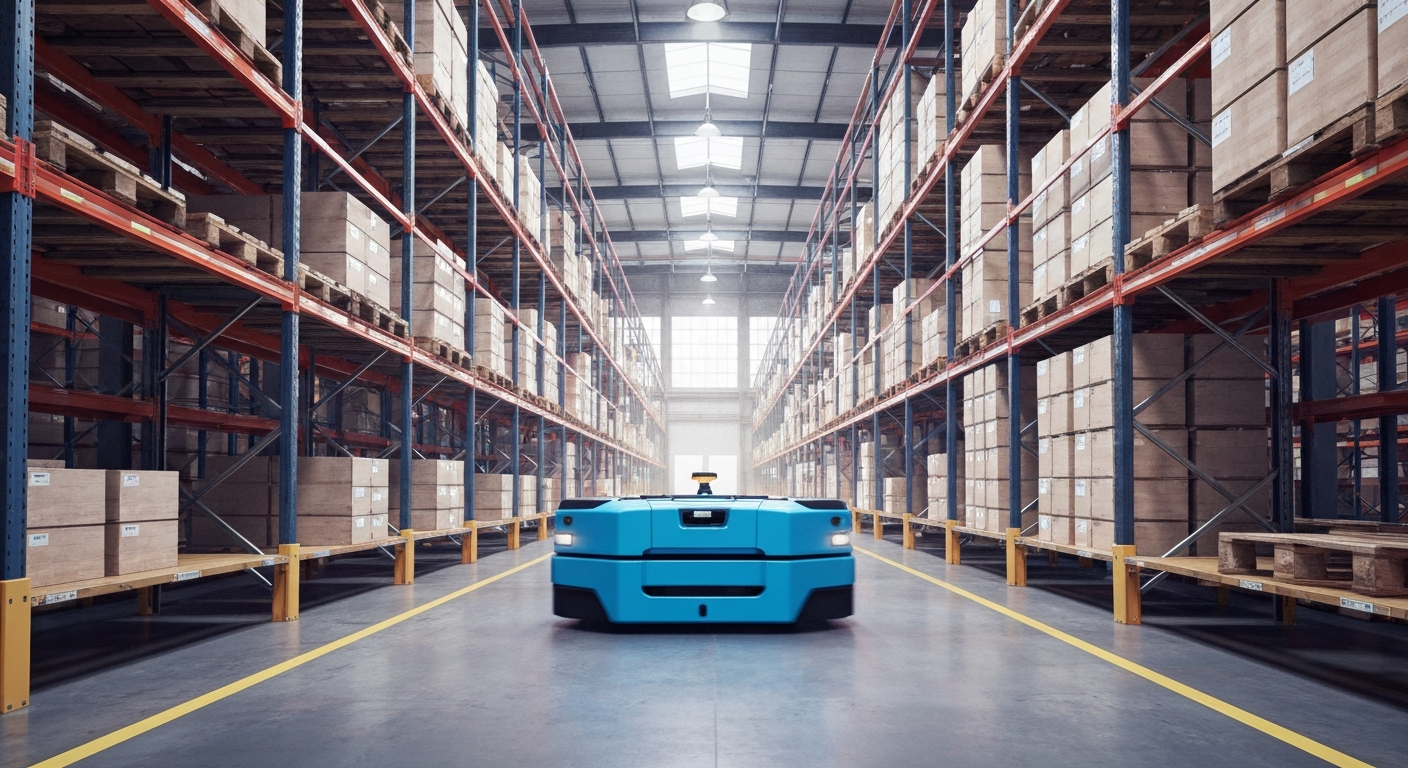What does Historian mean in SCADA?
What does Historian mean in SCADA?
In the dynamic and ever-evolving world of SCADA (Supervisory Control and Data Acquisition), it is absolutely imperative to recognize the paramount significance of a historian. This indispensable component assumes a pivotal role in capturing, meticulously storing, and preserving data for the sole purpose of facilitating comprehensive analysis and serving as an invaluable reference for historical data. Its presence is not only instrumental but also essential in ensuring seamless operations within the SCADA environment. Cutting-edge historian software, offered by a multitude of esteemed vendors, is meticulously crafted with the sole purpose of efficiently and flawlessly collecting, storing, and effortlessly retrieving massive volumes of time-series data. This groundbreaking software is specifically tailored to cater to the demanding needs of industrial processes, ensuring that not a single piece of crucial data goes unnoticed or unrecorded. With its sophisticated capabilities, this historian software stands as an indispensable tool for businesses looking to unlock valuable insights from their intricate data-driven operations.
Different Types of Historians
When it comes to data historian software, it is important to note that there are a plethora of different types available in the market. These options provide businesses with a wide range of choices to suit their specific needs and requirements. It is crucial for organizations to carefully evaluate and select the most appropriate data historian solution that aligns with their goals and objectives. By doing so, they can ensure seamless data management, efficient analysis, and optimal utilization of historical data for informed decision-making. Each type of writing assistant possesses its own distinct architecture and remarkable set of capabilities. It is absolutely crucial to have a thorough understanding of these various types in order to confidently select the most suitable one for your specific industrial automation needs. By acquiring a deep knowledge of these different options, you can ensure that you make an informed decision that aligns perfectly with the requirements and goals of your organization.
Local Historians and Distributed Historians
An essential and critical distinction lies between local historians and distributed historians. Local historians focus their research and expertise on specific regions or areas, delving deeply into the intricacies and nuances of a particular locale. On the other hand, distributed historians possess a broader perspective, analyzing historical events and trends from a global standpoint. By considering multiple perspectives and drawing connections across different regions, distributed historians offer a comprehensive understanding of history that transcends geographical boundaries. Local historians, without a doubt, are indispensably integrated within a SCADA system or a Programmable Logic Controller (PLC). These cutting-edge technologies empower local historians to efficiently collect and store valuable data, enabling businesses to make informed decisions based on accurate historical information. By being seamlessly embedded within these systems, local historians play a crucial role in ensuring the smooth functioning of industrial processes, safeguarding operations against potential disruptions and providing an unparalleled level of reliability. They efficiently capture valuable data from various local devices and securely store it directly on the same machine, ensuring utmost privacy and control over sensitive information.

Distributed Historians
In contrast, distributed historians confidently adopt a more centralized approach. They firmly believe in consolidating information and resources to ensure efficient management and seamless collaboration. This approach allows for a streamlined workflow, enabling teams to work together harmoniously towards common goals. With their assertive stance, distributed historians effectively maximize productivity and achieve optimal results in record time. These highly efficient Historians have the remarkable ability to effortlessly collect vast amounts of data from multiple sources across an industrial network. They then consolidate and securely store this invaluable information in a centralized repository. This ensures that all essential data is easily accessible, well-organized, and readily available for analysis and decision-making processes. This revolutionary feature empowers users with seamless and effortless access to a vast array of historical data from countless locations. It simplifies the process by eliminating any barriers or obstacles that may have previously hindered the retrieval of such valuable information. With this capability, users can effortlessly tap into a wealth of historical data, regardless of its origin or geographical location.
It is crucial to consider the significant distinction that exists between SCADA systems and historians. While SCADA systems are primarily designed for real-time monitoring and control of industrial processes, historians are specifically developed to capture, store, and analyze historical data for long-term analysis and reporting purposes. Understanding this fundamental difference is essential in implementing efficient industrial automation solutions. SCADA, being a highly efficient system, primarily focuses on real-time monitoring and control of industrial processes, ensuring that operations are kept in check and productivity is maximized. On the other hand, historians excel in their specialized role of long-term storage and thorough analysis of historical data. With their robust capabilities, historians provide valuable insights into trends, patterns, and performance metrics over extended periods. Together, these two integral components offer a comprehensive solution for managing industrial processes with both immediate oversight and informed decision-making based on past data. Historians, with their extensive knowledge and expertise, offer invaluable insights into a wide range of aspects such as trends, patterns, anomalies, and performance that occur over time. They meticulously analyze historical records, scrutinize data, and draw meaningful conclusions that shed light on the past. By meticulously examining historical events and developments, historians not only provide us with a deeper understanding of our collective history but also help us anticipate future possibilities based on past experiences. Their contributions are essential for making informed decisions and shaping a better future.
In essence, it is crucial to understand that a historian in SCADA (Supervisory Control and Data Acquisition) is not just any ordinary software. It is an incredibly powerful tool meticulously crafted for the sole purpose of efficiently capturing, storing, retrieving, and analyzing vast amounts of time-series data that are generated by industrial processes. This specialized software serves as the backbone for modern-day industrial operations, enabling businesses to make informed decisions based on comprehensive data analysis. Its significance cannot be overstated in today's rapidly evolving industrial landscape. Gaining a deep comprehension of the various types of data historians that are currently available is absolutely crucial in order for you to make well-informed and calculated decisions regarding the most optimal solution that perfectly aligns with your industrial automation needs.



